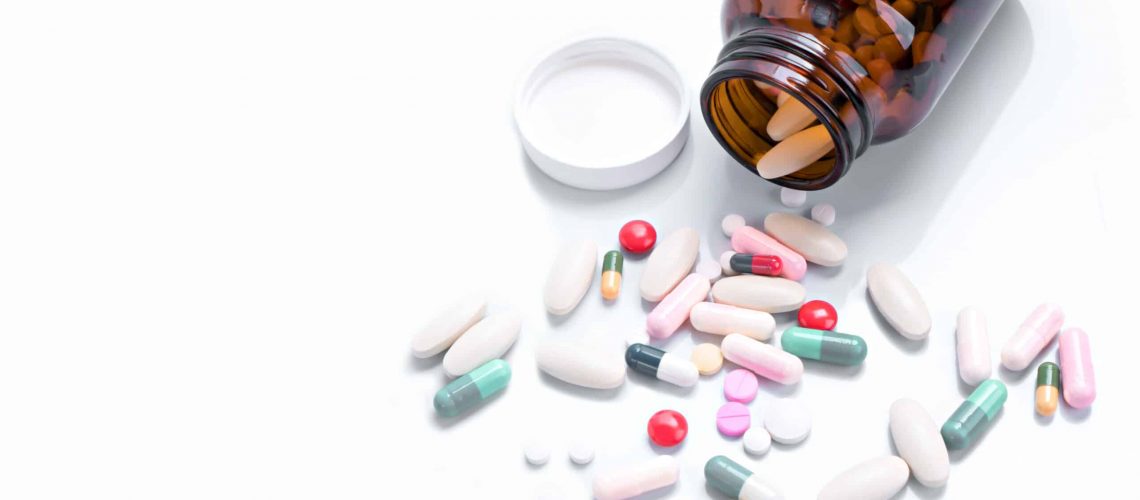Two drug classes known as SGLT2 inhibitors and GLP-1 receptor agonists, developed for use in patients with type 2 diabetes to lower blood glucose levels, have been shown in trials to have unexpected positive outcomes on the cardiovascular system.
After 12 months of treatment with an SGLT2 inhibitor such as canagliflozin, dapagliflozin or empagliflozin, patients experienced a drop in HbA1c, the diabetic marker, of 5-9 mmol/L, an approximate weight loss of 2 kg, and a reduction of 2.5-5 mmHg in systolic blood pressure. Furthermore there was a reduction in the number of deaths from arrhythmias and heart failure alongside a 30% reduction in admission to hospital for heart failure in patients taking these drugs.
GLP-1 receptor agonists such as liraglutide, dulaglutide and semaglutide have been shown to reduce the risk of major adverse cardiovascular events such as heart attack and stroke by 12%. The rate of admission to hospital for heart failure was also reduced by 9%.
At the time of writing there have been no dedicated trials of these drugs in patients without type 2 diabetes, but the positive findings so far will certainly lead to further research and in due course these drugs may well come to have a place in the management of cardiovascular disease.
